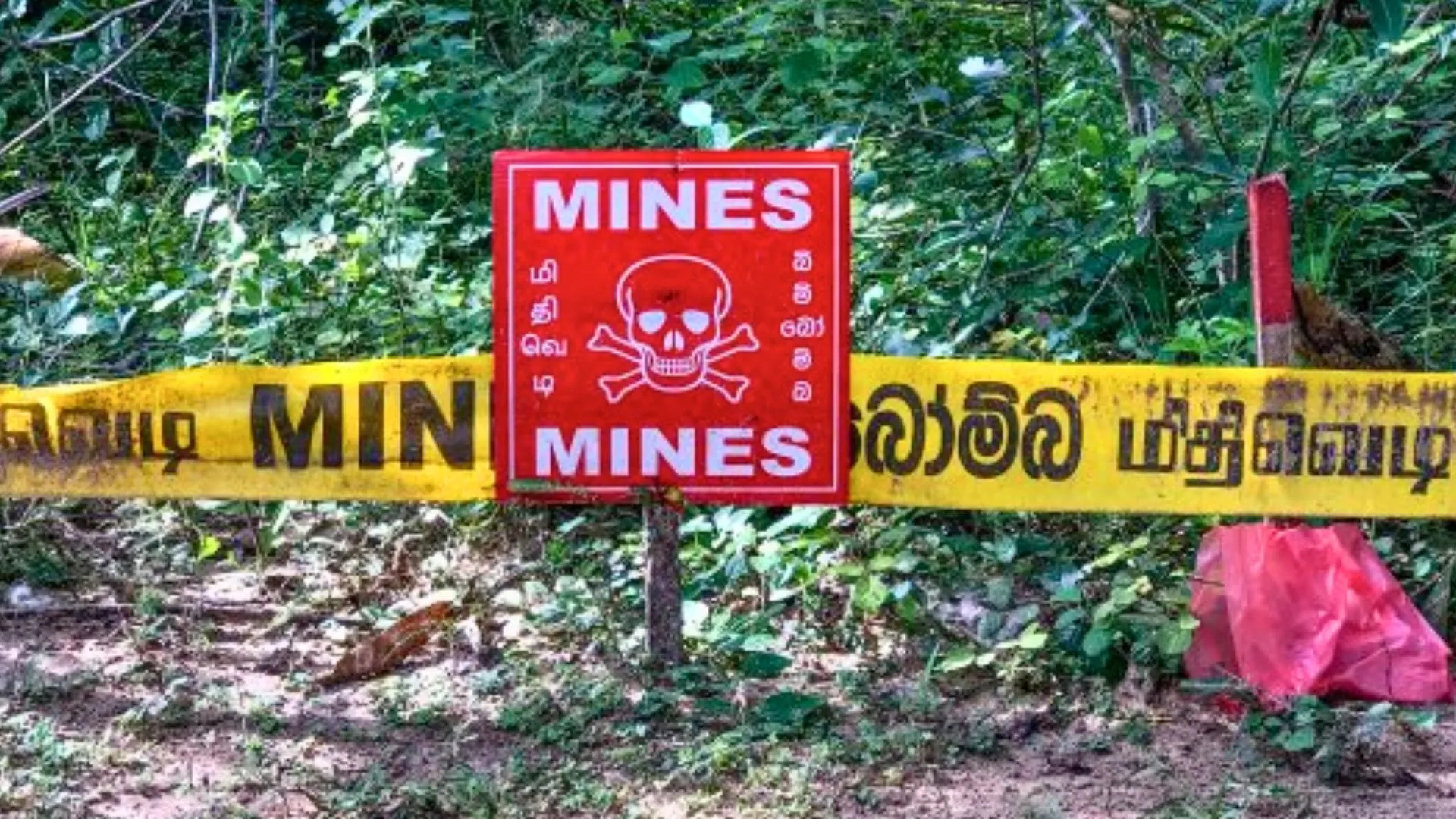Sri Lanka’s demining program faces a major setback after the US froze funding, threatening its goal of becoming mine-free by 2028. Since joining the Ottawa Treaty in 2017, Sri Lanka has cleared many landmines planted by the Tamil Tiger rebels (LTTE). However, 23 square kilometers remain contaminated, and the sudden withdrawal of aid has created serious challenges. US the largest donor, covered 45% of last year’s demining costs. Without this support, thousands of deminers could lose their jobs, and Sri Lanka may struggle to meet its deadline.
US Aid Freeze Puts Sri Lanka’s Mine-Free Target at Risk
Demining began in 2002, with international donors providing over $250 million. The US contributed the most, covering 34% of the costs. However, in January 2025, President Donald Trump halted funding, disrupting Sri Lanka’s progress. The Sri Lankan government has opposed the move and expects a final response by May 1.
If funding stops, demining agencies will have no choice but to lay off workers. About 3,000 deminers, mostly from war-affected communities, face unemployment. Organizations like Delvon Assistance for Social Harmony and the National Mine Action Center warn that without foreign aid, Sri Lanka will likely fall behind schedule.
Despite clearing millions of landmines and unexploded ordnance, the country still faces dangers. Dozens of returning families have already suffered injuries from hidden explosives. Without renewed funding, demining will slow, exposing more civilians to deadly threats.
War Survivors and Demining Workers Struggle for Stability
Many former LTTE combatants, including Thavarathnam Pushparani, now work in demining operations. After losing her family in the war, she chose this job to create a safer future for her children. But with US aid frozen, she and thousands of others risk losing their livelihoods.
Sri Lanka must secure alternative funding and accelerate demining efforts. The government should also ratify Protocol V on Explosive Remnants of War and strengthen legal protections for mine victims. Without financial support, deminers may be forced to abandon their work, leaving communities exposed to lethal explosives.
The next few months will determine whether Sri Lanka can secure new funding or risks missing its mine-free target.









